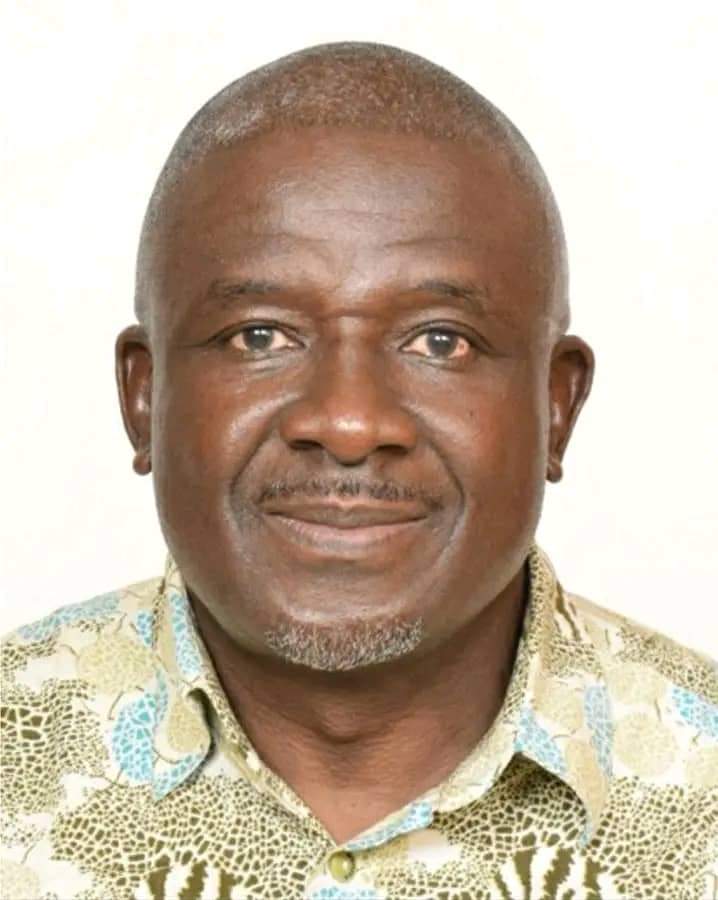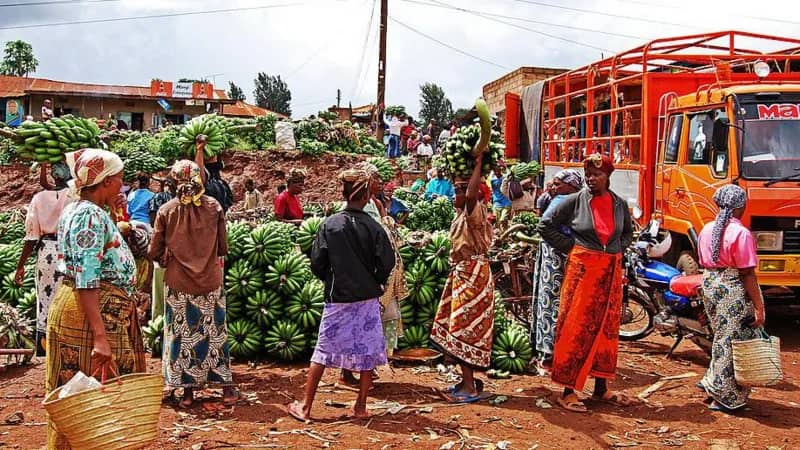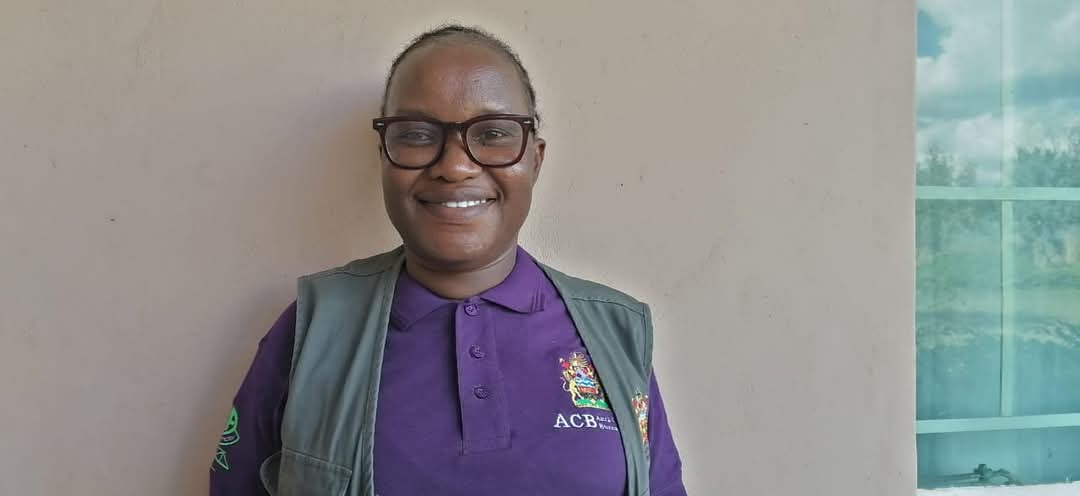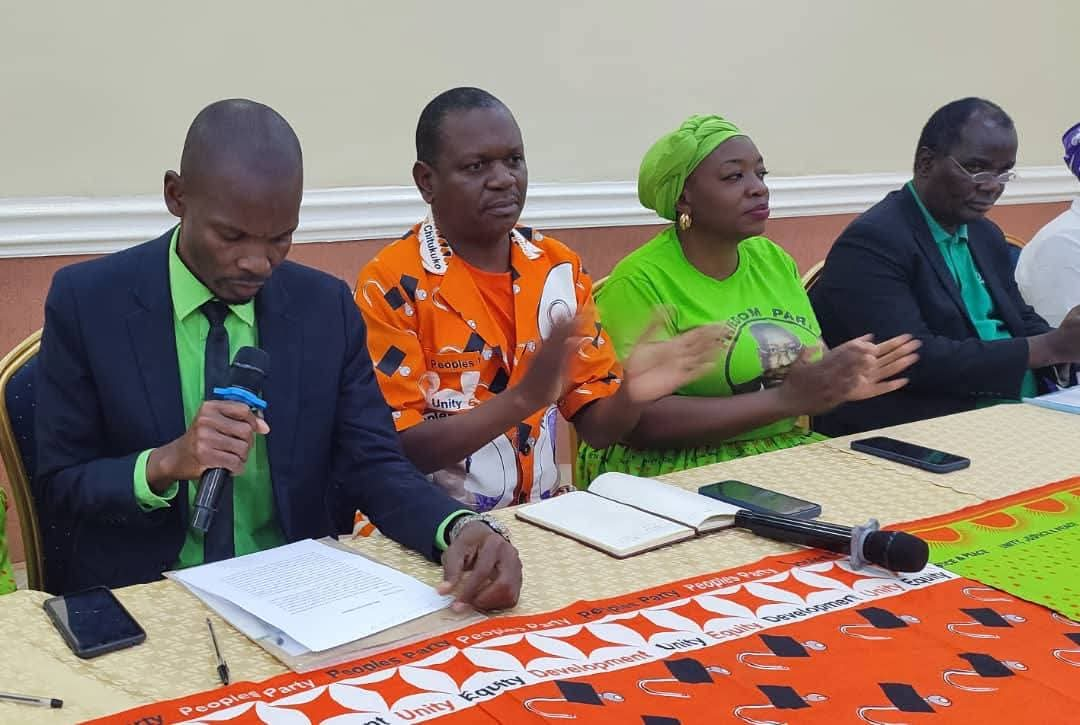By Burnett Munthali
In the wake of the tragic plane crash that claimed the lives of Vice President Saulos Chilima and eight others, Malawi has rallied around calls for transparency and accountability in the investigation. Governance and Human Rights Advocate Undule Mwakasungula has expressed disappointment over the decision of Sylvester Namiwa, the Executive Director of the Center for Democracy and Economic Development Initiatives (CDEDI), to step down from the Commission of Inquiry investigating the incident. Mwakasungula describes Namiwa’s decision as a missed opportunity to meaningfully serve the Malawian people.
Namiwa’s resignation, reportedly prompted by the commission’s refusal to allow live broadcasting of the inquiry’s proceedings, reflects his commitment to transparency and public participation. However, Mwakasungula argues that stepping away may limit Namiwa’s potential impact.
“Many Malawians hoped that Mr. Namiwa’s participation in the commission would add value,” Mwakasungula stated. “He has been very vocal about the events surrounding the crash, and the information he possesses could have contributed to a fuller understanding of what happened.”
Mwakasungula acknowledges that Namiwa’s call for live broadcasting stems from a well-meaning desire for openness. However, he believes that a balanced approach could have been reached, allowing Namiwa to uphold his principles while also playing a constructive role in the inquiry. As an advocate with extensive influence and credibility, Namiwa’s presence within the commission, Mwakasungula argues, would likely have brought increased scrutiny and accountability, especially given his dedication to transparency.
The Commission of Inquiry, tasked with establishing the circumstances of the crash, holds significant importance for Malawians still grappling with the sudden loss of high-profile leaders. According to Mwakasungula, the inquiry is critical for the healing and unity of the nation. “This investigation goes beyond uncovering facts; it’s about restoring public trust and bringing a sense of closure to the affected families and the wider community,” he noted.
Mwakasungula’s remarks underline the complexity of balancing principles with pragmatism in governance. While public participation and transparency remain essential, so too does the influence of individuals who can advocate effectively from within. For now, Malawians await the commission’s findings, hoping for accountability and clarity to emerge from this tragedy.




